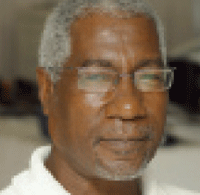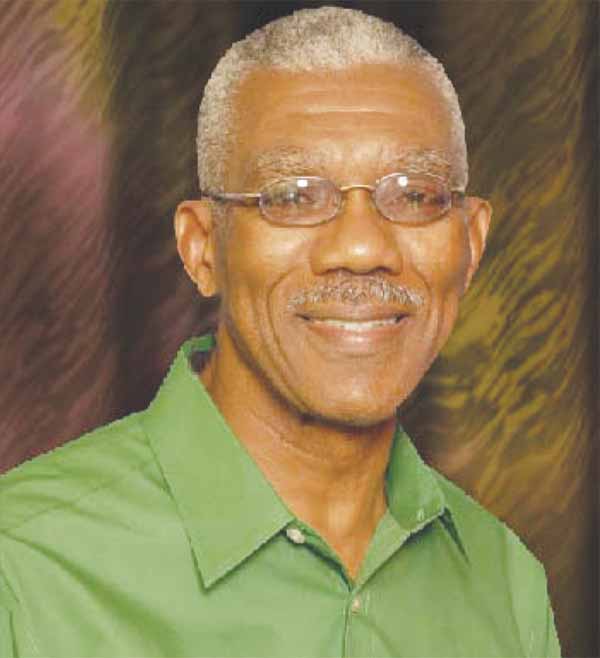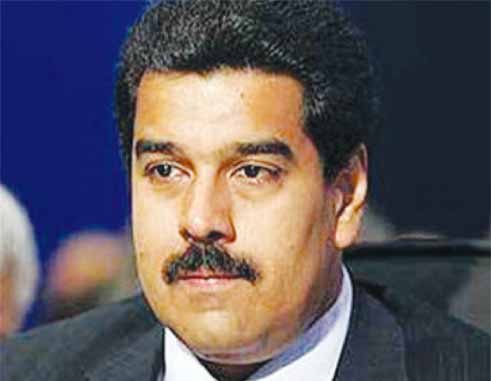
CARICOM Secretary General Irwin La Rocque has taken objection to claims the regional grouping has been moving too slow in responding to the crisis in Hispaniola caused by the Dominican Republic’s decision to expel Dominicans and other persons of Haitian or African descent who fail to show papers they don’t have.
La Rocque correctly pointed out that CARICOM took up the matter as far back as the last CELAC meeting in Havana earlier this year and as recently as the CELAC-EU Summit in Brussels a fortnight ago.
The Secretary General would know that Caribbean people are not generally strong on foreign affairs and international issues, that most, including some in government, tend more to respond and react than to break glass or eggs.
When it comes to Haiti, some CARICOM member-states (including The Bahamas) are accused of being as blunt against facilitating those fleeing poverty as the Dominican Republic, not showing the least preparedness to give safe haven or shelter to any.
CARICOM member-states – up to Haiti’s full entry into the regional grouping – were largely skeptical about giving asylum to Haitians seeking any type of refuge, whether to those offering farm labour services or those merely seeking economic opportunity.
Even after the earthquake that killed hundreds of thousands, CARICOM states were not so keen either, on opening their doors to Haitians seeking refuge and shelter.
Following the dengue outbreak caused by Nepalese soldiers on a UN engagement, the region seemed even less willing to open its several borders, some citing possible disease spread, others citing fears and concerns about establishing the HIV status of any Haitians entering member-states.

Today CARICOM is being unfairly accused of ‘doing nothing’ when, in fact, there’s very little, if anything, the regional grouping can do – except to refuse the DR’s application for full membership of CARICOM for as long as it insists on expelling Haitians and Dominicans of Haitian and African descent.
The DR’s historic and traditional behaviour within CARICOM had been more one of maintaining a safe distance than closing the political and economic gaps. In this context, apart from cooperating with CARICOM within the framework of CARIFORUM, there’s little more by way of an active relationship between the DR and CARICOM.
Not that CARICOM is that much more active in and with Haiti. Never mind the regional grouping’s demonstrable and unquestionable support for Haiti in all spheres, the sheer size and state of the Haitian population and economy — not to mention lack of historical economic and trade cooperation – CARICOM-Haiti relations have been more political/social/cultural than anything else.
The DR/Haiti issue will no doubt be discussed at the CARICOM Summit in Barbados, starting today. But there is also another equally disturbing and quickly escalating issue affecting and involving another CARICOM member-state and a friendly CARICOM neighbour that ought to be hurriedly nipped in the bud.
The dispute between Guyana and Venezuela over the contested Essequibo region is as old as that between Guatemala and Belize over bordering territory or between Britain and Argentina over the Malvinas (Falklands). Historically, the United Nations had facilitated an ongoing conciliation process that has kept Guyana and Venezuela talking at the table instead of crossing swords or exchanging gunfire.
A recent decision by Guyana to facilitate exploration of the disputed region by the powerful U.S oil corporation Exxon-Mobil has naturally infuriated Venezuela, resulting in Caracas indicating it will not stand idly by and allow a major U.S. corporation to enter and drill for oil in the disputed territory. Naturally too, there are those in Georgetown willing to interpret recent defiant remarks by Venezuelan President Nicolas Maduro as ‘threats of military action’.

Guyana is no stranger to territorial disputes, having had a long battle with neighbouring Suriname over resources of shared waters. Guyana has itself long had to contend with illegal incursions by bands of illegal gold and diamond prospectors crossing in from neighbouring Brazil, Cayenne (French Guiana) and Venezuela itself.
CARICOM must move quickly and early, during this summit, to ensure Guyana and Venezuela both remain at the talking table, never mind how long they talk. The UN-facilitated conciliatory process must be allowed to continue and fellow CARICOM leaders will have to impress on Guyana not to respond by beating war drums, but by agreeing to continue to give peace a chance. The presence of UN Secretary General Ban Ki Moon at the summit starting today should be used as a key opportunity to bring the two sides together and press then to keep talking.
Hostile talk has been heard from both sides before, but never have they actually been to war. Cross-border skirmishes occur from time to time, but no battle has been fought. The Presidents of both countries are Commanders in Chief of their respective national armies and defence forces, the Guyana President himself having been an Army General, Brigadier and Chief of Staff in the nation’s defence force.
It will not be surprising if President David Granger responds to the latest manifestation of the historical Essequibo spat by drumming up nationalistic sentiments in defence of national sovereignty. It would not be strange if the popular Tradewinds song “Not a blade of grass” starts playing again over the Guyana airwaves. But whatever happens at the summit today and after it’s over, it’s important that Guyana and Venezuela hear from all of CARICOM that other popular song made popular by Joe Cocker, “All we are saying, is give peace a chance!”














It is a premptive declaration znd move toenforce by bigV- before actual mobil rigs etc are in place flying “Ol Glory”.
This is a Tic-Tac-Toe move to bypass a long costly Chess parley.
In the longer version of a chess game between all parties- Big V is at a serious disadvantage.
First- the rising tensions will give the ho-hum republicans some serious juicy ham that their mighty “strictly” business acumen can bite into and sway the gas at the pump consumers to rally away from Hilary .
You can bet your Cadillac and Corvette that a Republican President will shuttle naval assets at San Diego {a quick Panama Canal connection to the disputed waters and Norfolk to seal off the Atlantic approaches}
It shall not be pretty saber rattling especially in the post Crimea and East of Kiev annexations.
LIke we use to chant in our playground medleys with Ave Maria girls “tit for tat butter for fat’ un te peye poye e te ne deux te fleurs an ti vent vini e jai te toute a terre”
Translation: a Caribbean seabed had much oil 1 half for Big V and the other half for BG
The speculators came to BG followed by the Big Baton of President Monroe (still alive in doctrine like a cyclonic wind)
Alas, all the oil fields are confiscated and their production supervised by the OAS.